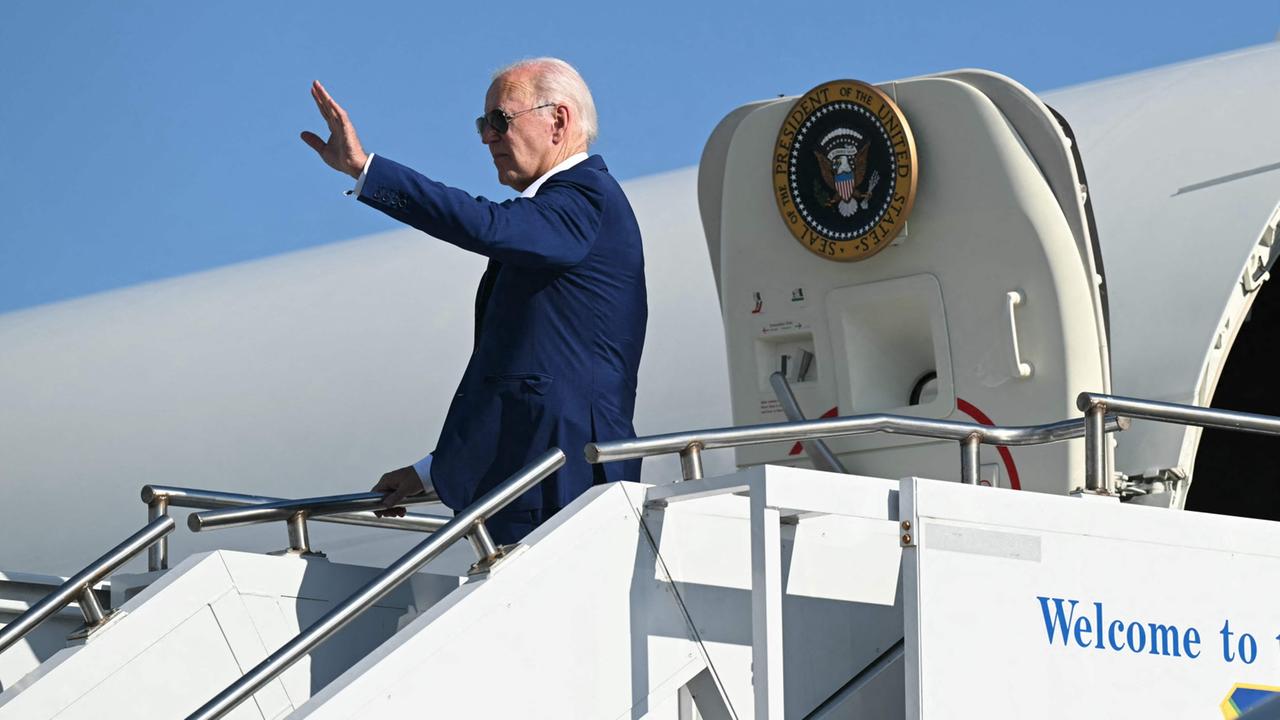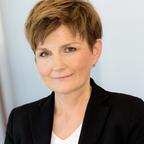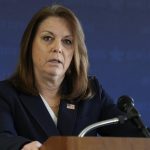32 heads of state and government are meeting for the NATO summit starting today. Some, like Biden and Macron, are under pressure and politically insecure. This could dampen the mood for the 75th anniversary celebrations.
75 years after its founding, NATO is in excellent shape, more united and fit than ever before. That is the message that should have come out of the anniversary celebrations in Washington. If you look at the facts alone, that is not even an exaggeration. With Sweden and Finland, the alliance has gained two new, strong members who have not only improved their own security situation by joining, but thanks to their defense capabilities, are also helping to stabilize the situation in the entire Baltic region, which is a risky situation for NATO.
Two thirds of members reach two percent target
Or the two percent target, which for a long time seemed illusory: two thirds of NATO member states, including Germany, have achieved it just in time for the birthday celebrations. Without any audible grumbling from society, 23 nations are spending at least two percent of their total economic output on the military, which is twice as much as before the Ukraine war.
And finally, this is also part of the alliance's success story: NATO is more united today than it was before Putin invaded Ukraine. There are no longer any serious doubts about the need for a collective defense alliance, except perhaps on the political fringes. That was different at the last big anniversary, the fiftieth. People asked what sense such a highly armed alliance still makes. The West saw itself surrounded by friends.
A summit with battered Top politicians
But deterrence does not only work through facts. External impressions play a role. And in Washington, the impression could arise that the anniversary celebrations are bringing together some rather ailing top politicians. The host, of all people, is visibly weakened. Joe Biden is at the head of the world's largest military power, but at the summit in Washington, all eyes will again be on how he manages the steps and whether he can finish several sentences without making a mistake.
Emmanuel Macron will also arrive from Paris in a weakened state. France's president is the head of the only nuclear power in the EU. Even if he comes to Washington with his usual self-confidence that he was just able to prevent the worst at home, nothing will change the fact that he no longer has a majority capable of governing behind him. It is completely uncertain which government Macron will be able to form in the future. The only thing that is certain is that the right-wing extremists in the motherland of human rights are more strongly represented in the Assemblée Nationale than ever before.
Scholz's situation could be better
In comparison, Olaf Scholz's problems seem almost manageable. But the Chancellor has also been weakened by the last European elections, his coalition is not going well and – importantly with a view to the discussions in NATO – the additional spending on armaments in the federal budget is lower than expected.
What links France and eastern Germany is the support of around a third of the people for parties that make no secret of their closeness to Russian President Vladimir Putin, the Alliance's system enemy. Marine Le Pen has already had her election campaign financed with several million euros by the Russian dictator, and AfD politicians are suspected of spying for Russia.
Stoltenberg hopes for further aid to Ukraine
The anniversary summit comes at a difficult time, but NATO has delivered, especially in the Ukraine war – this is the message that the alliance's outgoing Secretary General, Jens Stoltenberg, wants to focus on in Washington. “Since Russia invaded Ukraine, the Allies have provided military aid worth 40 billion euros per year,” Stoltenberg calculates.
He hopes that the allies in Washington will promise to continue to provide military aid of the same amount in the future – 40 billion euros per year. “Ukraine needs reliability and predictability,” says Stoltenberg, recalling the shock at the beginning of the year when no weapons came from the USA for weeks because the Republicans did not allow it. “That caused Ukraine considerable difficulties on the battlefield.” The delivery freeze gave NATO a foretaste of the problems that could arise if Donald Trump moves into the White House for a second time. The Europeans could be on their own overnight.
Wanted: Fairer Load distribution among the Allies
Washington wants to prepare for this too; it is about a fairer distribution of burdens among the allies. Everyone on the continent has now understood that the Europeans must do more for their own security. But there are also major differences among the Europeans. Stoltenberg proposed a solution to NATO foreign ministers in Prague in June, but it failed. The allies should support Ukraine in proportion to its economic strength. That would have meant high additional costs for countries such as France, Italy and Spain. The three large EU countries have so far held back on aid to Ukraine. They have been particularly reluctant to provide air defense systems.
Ukraine urgently needs them, and President Volodymyr Selenskyj had expressed his wish that there should be seven “Patriot” systems or similar by the summit. Three are coming from Germany, but it is still unclear whether Washington will actually have four binding commitments from other countries. “We are scratching at the bottom of the seven,” says a NATO diplomat. They are working on it.
Diplomats have been working hard to find a consensus-based formulation on the sensitive issue of Ukraine's accession to NATO. On the one hand, they want to accommodate the Ukrainian president, but on the other hand, they do not want to make any concessions on the matter. Ukraine can count on being admitted, as has been confirmed in several summit documents since 2008, but a date for the start of negotiations is unlikely to be announced in Washington either, as there is no consensus among NATO countries.
Helga Schmidt, ARD Brussels, tagesschau, 09.07.2024 07:49 a.m.





